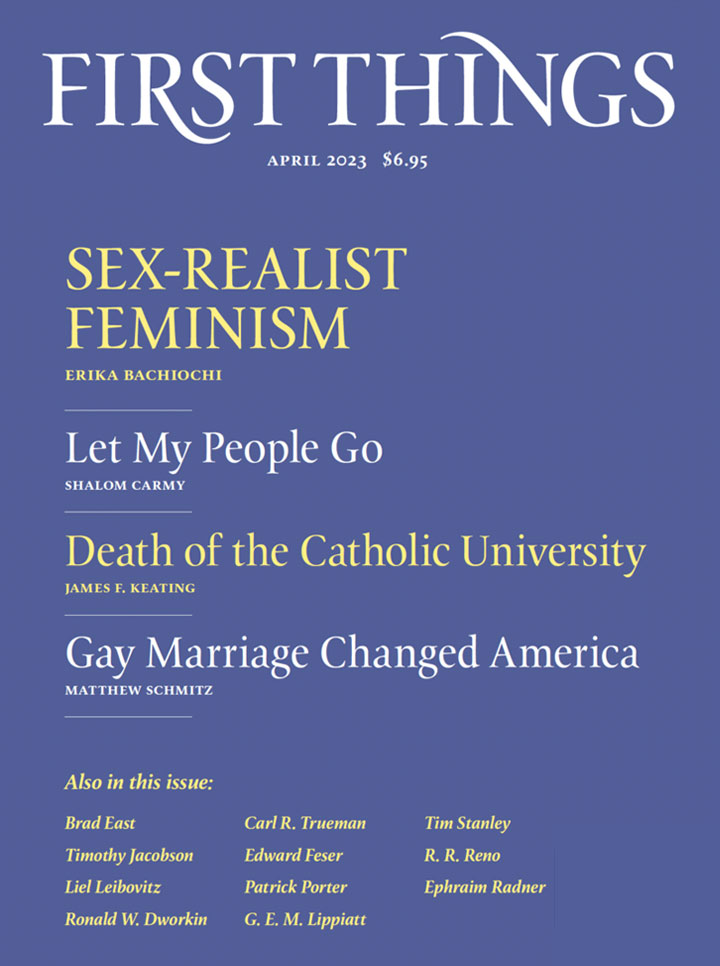
My mother was notorious for it: checking out of a hotel with an item or two more than she checked in with. Years later, the contents of our drawers, countertops, and clothes closets bear witness to her souvenir-collecting. We have wooden coat hangers labeled “Property of the Pullman Company,” a teaspoon from the Hotel Syracuse, a saucer from the Hotel Piccadilly, a highball glass from Holland America Line, and ashtrays from everywhere, from the Great Northern Railway to the Baglioni Palace. I have been known to carry on the tradition, most recently with a linen placemat off a European airline. But in these spartan times, opportunities are fewer, and less and less gets labeled, reducing the value of such takeaways to zero.
In one instance, my sticky fingers bested my mother’s. As far as I know, she (a devout Lutheran) never took a Bible. It cannot have been for want of opportunity. She stayed in plenty of hotels, where Bibles abound. For this we can thank the Gideons, an organization of evangelical Christian men that, since 1908, has been dedicated to its mission of placing the Good Book in hotel rooms everywhere—first in America, then around the world. Probably the only thing so ubiquitous in today’s lodging industry is the “adult entertainment” available for a charge on your flatscreen. Access to the Bible is free. The founding Gideons were commercial travelers accustomed to spending time in hotels, a setting they considered fraught with temptation. They believed the Bible was the answer to this problem, as to all others. More than a century later, the Gideons International remains firm in its conviction that “distributing copies of God’s Word plants powerful seeds that God can use according to his own timing.”
As global organizations go, the Gideons are not huge, with something more than a quarter of a million members worldwide. Their name is a reference to a story in Judges 6–7, wherein God calls Gideon to do battle with the idolatrous Midianite host with a chosen band of three hundred warriors. Gideon prevails in part by deception: At night he divides his small force into three parts and equips them with trumpets, clay pots, and torches. The clangor tricks the Midianites into thinking they are under attack by a great army. They flee the field, and the day belongs to the Lord. Gideon’s force remains an archetype of the elite band that prevails against much larger formations. The Gideons’ logo today displays a clay pot with a flame shooting out the top, symbols of both Gideon’s faith in the Almighty and his instruments of victory.
My first Gideon encounter was not in a hotel but in a Virginia public school in the 1950s. Public schools were then thought fertile ground for evangelization by means of Bible distribution, and no doubt they still would be, but for constitutional complications that have limited the practice. The Gideons have not been slowed down elsewhere. In large numbers, Bibles and New Testaments are distributed to hospitals, shelters, prisons, medical professionals, members of the armed forces, and the street, at the rate (it is claimed) of two copies per second. Not all the world is welcoming (Saudi Arabia, for example, is off-limits), but two hundred or so countries allow the Gideons to go about their work. John 3:16 (“For God so loved the world . . .”), translated into twenty-seven languages accounting for three-quarters of the world’s population, precedes the title page of every Gideon Bible and witnesses to the organization’s reach. The Gideons’ headquarters in Nashville sets a steady-as-she-goes corporate strategy against the headwinds of secularization and the whines of progressives.
The Gideon Bible I recently carried away from the Nashville Marriott at Vanderbilt (where, as in most Marriott establishments, it shared drawer space with the Book of Mormon, the founding Marriotts having been of the Latter-day persuasion) confronted me with several questions. Did I need it? Well, no, as my home is reasonably stocked in this department, and I travel with a worn copy of the 1928 Book of Common Prayer. Perhaps I just wanted a new Bible with the Gideon logo, having lost my grade-school edition. Did those who rented the room after I did need it more? I cannot know. My need is great; others’ may be greater. Will it be missed? Do hotel guests actually read the Bibles the Gideons so graciously put at their disposal? Most copies I have seen lately are stiff with newness. The particular Gideon Bible now on my desk had to be pried off the bottom of the nightstand drawer, as if an eager Gideon hadn’t waited for the paint to dry. However long ago that may have been (it is a 2013 printing), no one had picked up this Bible since.
Nowadays, when it is fashionable to go to great lengths to offend no one, the presence of Gideon Bibles, whether read or dormant by the bedside, is countercultural. But then, the gospel always has been. Many Marriott or Hilton guests are not Christians. Some are pagans or nones. Some are Jewish, Mormon, Muslim, or Hindu. This is potentially tricky territory for the big hotel corporations, which accordingly tend to leave decisions concerning the distribution of “religious materials” to local management. But the risk of giving offense doesn’t really matter to the Gideons. Their aim—to bring more of the world to Christ—is a straightforward response to the Great Commission at the end of Matthew’s Gospel. Simpler yet, they hope to aid the lonely, weary, and perplexed, which at one time or another we all have been. Nothing is required; everything is offered.
None of this has changed in the Gideons’ 124-year history, nor across borders and cultures. Neither has the policy that only men can be Gideons, though their wives may enlist as “auxiliaries” in “testimony to the Biblical institution of marriage.” The Gideons are unapologetic. Their translations hew to the traditional language of the English Standard Version, which, as the fine print of the copyright page explains, “carries forward the historic stream of Bible translation in English exemplified especially by the King James Version (KJV) Bible of 1611 and subsequent literal Bible translations.” And though we are informed that our Gideon Bible is printed on “30% Post Consumer Waste Recycled Paper,” scant attention is paid to political correctness. The twenty-page preface is inclusive in the true sense, addressing all sorts and conditions of men—the uninitiated, the back-slid, the faithful—with reasons to open or re-open the Good Book, and it tries to make navigation as easy as possible. For pressing personal questions, a Bible verse with a page number for easy finding supplies the answer. Are you alone? Go to Hebrews 13:5. Addicted? John 8:36. Experiencing temptation? Second Timothy 2:22. Considering suicide? Psalm 116. On the big metaphysical matters, too—God and mankind, sin and death, Christ and the Holy Spirit, heaven and hell, eternal life—a Gideon Bible guides the pilgrim to Scripture’s safe havens. It is no disrespect to say that this is something of a Wikipedia approach: Whatever you need, look it up and find it.
Non-evangelical Christians may catch a whiff of bibliolatry in all this. In any case, the question-and-answer approach may promise too much. As often as not, the “answer” is veiled in poetry and story, and requires real theology for its clarification. Perhaps this is too fine a point when the object is simply to evangelize. You’ve got to start somewhere. A less fine point, alleged by secular critics, concerns the presumptuousness, even arrogance, implicit in the sowing of Bibles around the world. The Gideons’ no-strings offer of spiritual guidance partakes of the proclamation of Christianity, which claims to be true for all men everywhere for all time.
But is Christianity really different in this from the secular creeds, whose articles on tolerance, diversity, equity, inclusion, ad infinitum claim universality and rely for their dissemination not on a book but on the biggest guns of a digital age? Unless they are burned or banned, as from time to time they have been, books enjoy a certain staying power. As long as they clutter our shelves, floors, and, yes, hotel nightstands, chances are that at some point somebody will stub a toe on one and pay attention. To improve the odds that another guest will have this experience, the next time I’m in Nashville I will drop off my Gideon Bible with the sticky back cover at the front desk of the Vanderbilt Marriott, with a note explaining that it was only borrowed and should be returned to circulation.
An Anglican in the Dominican House
At 9 p.m., when most of the world is preparing for bed, a sea of white habits…
No, Infant Baptism Is Not Abuse
One of the most striking aspects of our therapeutic age is the increasing inability of many to…
Desecration in Minnesota and the Ecclesiology of Public Worship
The recent disruption of a church service in St. Paul, Minnesota, by anti-ICE protesters has prompted familiar…


